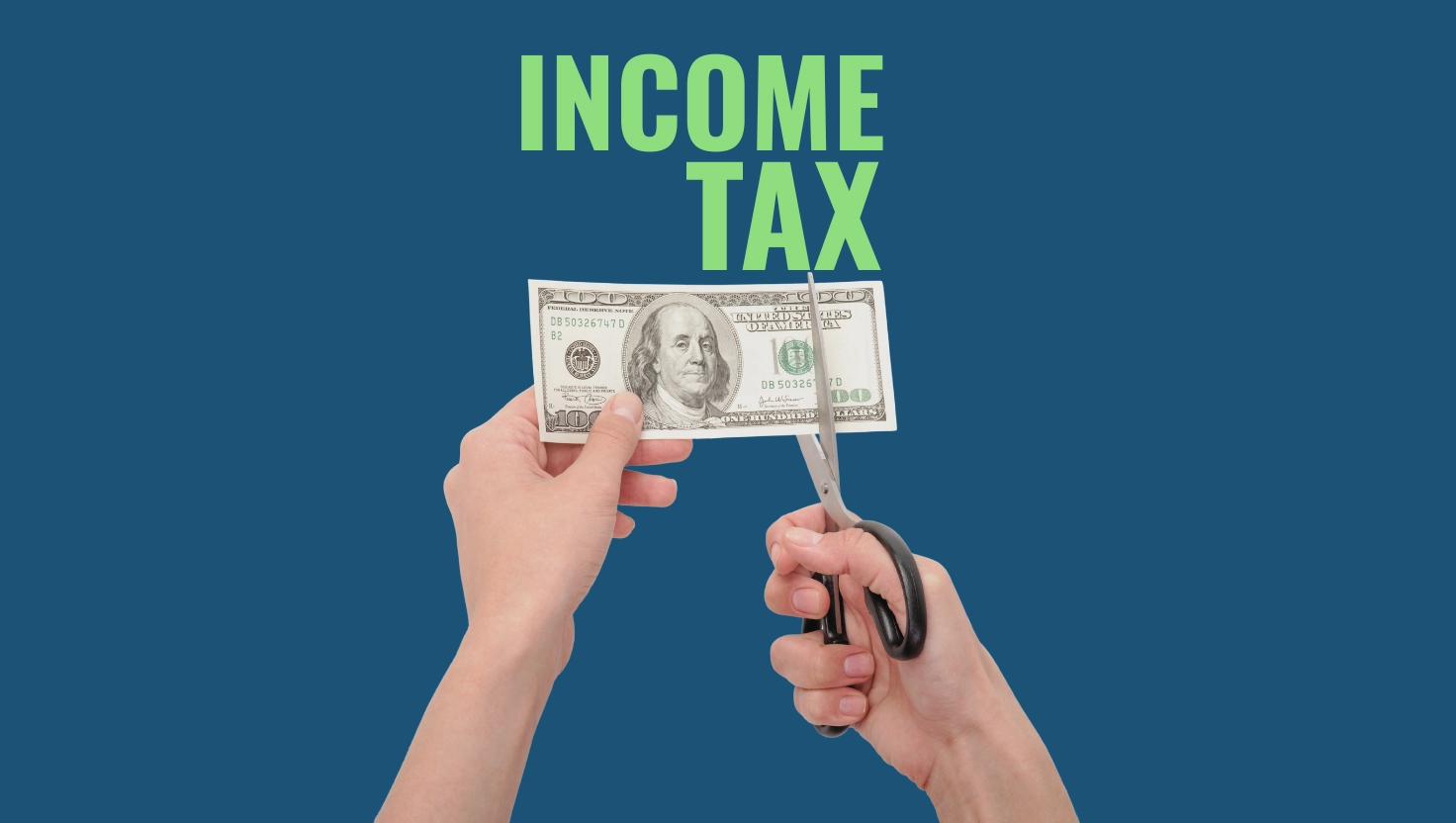South Carolina's dance with school choice has been nothing short of intriguing. But as they say, the truth is in the details. As South Carolinians yearn for quality education, one would expect the legislative measures being proposed would align with that pursuit. Yet, with the unveiling of yet another school choice bill, S285 - Academic Choice in Education Fund or “ACE”, it’s clear that the opposite might be the reality.
At first glance, the name “ACE” - Academic Choice in Education Fund - has a ring of optimism. However, as the curtain lifts on S285, we begin to see a landscape that's far from straightforward. Introduced during the first year of the 125th legislative session, the bill has undergone a staggering metamorphosis. From its inception to the present, six distinct versions have emerged, each differing from the last. The current iteration, having sailed through the Senate and currently awaiting scrutiny in the House Ways and Means, leaves much to be desired. But why the skepticism around S285?
For starters, the mere existence of such a complex piece of legislation is telling. It hints at an education system where freedom is more a buzzword than a reality, subject to a maze of rules, all under the omnipresent eye of the State. And while S285 beckons us with the allure of 'choice', we ought to pause and reflect: At what cost? It's not just about reading between the lines—it's about reading the whole narrative, something every voter must urge their representatives to do before giving a nod of approval.
The Implications of S285: A Comprehensive Analysis
At a glance, S285 may seem like just another legislative proposal, but diving deeper into its provisions reveals significant concerns for stakeholders. Here’s a rundown of the potential implications of this proposed bill:
Membership and Accreditation Criteria: Amidst the details of S285, there is a notable section that touches upon a significant aspect of school recognition and validity. The bill specifies that for a school to be considered an "Eligible school", it must hold a membership in recognized associations or be accredited by specific bodies. The named associations and councils in the bill include the South Carolina Association of Christian Schools, the South Carolina Independent Schools Association, the Palmetto Association of Independent Schools, the American Montessori Society, the International Montessori Council, and the National Association of Private Schools. As an alternative to these memberships, a school can also be accredited by either Cognia or the National Council for Private School Accreditation. While at first glance, this might seem like a comprehensive list, offering a variety of pathways for schools to gain recognition, it's crucial to understand the implications. The very listing of these choices indicates there is a controlled level of freedom in this proposal.
Distinction Between Choice and Freedom: "Choice", especially when dictated and defined by the State and channeled towards certain predefined groups, does not equate to genuine freedom.
Tax Implications: Section 12-6-3855. (A) A person is entitled to a tax credit against income taxes imposed pursuant to this chapter, or bank taxes imposed pursuant to Chapter 11 of this title - clearly a state or federal financial benefit to the contributor. Since the tax burden is not reduced by these credits, the burden must be met by increased tax burdens on other taxpayers in some form.
Legal Complexity: Increases the state body of law, and is burdensome, confusing, deceptive, and subject to disputes.
Financial Dependence: By offering financial incentives, the bill will unintentionally create a dependence on what seems to be concealed government aid. This will be detrimental in the long run as recipients will find it challenging to operate without such assistance.
Bureaucratic Growth: The proposed legislation will inadvertently bolster government agencies and amplify their power, leading to increased red tape and a more complex governance system.
Parental Freedom at Risk: By defining strict criteria for educational choices, the bill threatens to curtail parental freedom. It takes away the essence of genuine choice by letting the government delineate what constitutes an acceptable educational path.
Government Overreach: The embedded financial benefits, directly tied to the payment of state or federal income tax, act as a gateway for government interference. Such indirect monetary advantages easily come with governmental strings attached.
Homogenization of Educational Choices: The bill leads to the homogenization of all educational “choices,” without ever actually changing the innate abilities or limitations of any child to achieve their own potential in a realistic manner.
Based on these insights, it is clear that the intention behind S285 might be to provide myriad educational options, but its actual implications could have extensive and potentially negative consequences for everyone involved.
Homeschooling and S285: An Inherent Conflict
When we delve into the depths of S285, two sections particularly stand out for their implications on homeschooling:
_SECTION 1 Section 12-6-3850 (8)_ outlines that a “Home school” refers to any location where parents or guardians educate their children as prescribed by Sections 59-65-40, 59-65-45, and 59-65-47, revealing an apparent intent for state control over homeschooling options.
Similarly, _SECTION 1 Section 12-6-3850 (15)_ dictates the “Qualifying expense” for eligible homeschool students. This seems to limit the scope of educational resources a homeschooling parent might utilize for their child. The question arises: Does this clause potentially constrict homeschooling parents to choosing from a prescribed list in order to be eligible for funds?
But stepping back from the intricacies of the bill, there’s a more fundamental issue to address. Homeschoolers aren't "school" children. They’ve carved a distinct path for themselves, diverging from conventional public and private school frameworks. Their core principle rests on freedom and autonomy, away from the structured system. They shouldn’t be ensnared in any manner by school choice movements or policies.
S285 seems to be veering off this principle. Its proposals hint at a system that could tether homeschooling families to state programs if they opt for scholarships. Integrating home education into S285 might appear as a minor deviation now, but it’s a step—no matter how small—towards augmented government oversight. A sentiment many homeschoolers resonate with is their reluctance to take even this small step. Their plea is simple: to stay away from S285, to retain their educational freedom, and to refrain from state-provided "free" money. State incentives often come with hidden strings, making them more of a liability than a boon. Tax credits, as proposed, are a case in point; they might reduce an individual's tax but also diminish the overall state tax revenue, making them, in essence, a government handout.
Furthermore, labeling these changes as “optional” doesn’t offer much solace. An optional provision might attract more homeschoolers to apply, thereby amplifying the demand for such funding. This, in time, can morph into obligatory taxpayer commitments and stipulations. Moreover, these optional clauses often lay the groundwork for future regulations that can sneak in when public scrutiny wanes.
In a world where educational freedom is paramount, the most prudent choice is clear: homeschoolers must remain independent of S285.
So, what's the real cost of such legislative decisions? It's the gradual erosion of educational freedom. These bills, although cloaked in the guise of choice, are chipping away at the very essence of what many conservatives in South Carolina value.
The path to educational reform is undeniably intricate. But in our quest for improvement, we must be wary of decisions that inadvertently trade freedom for perceived benefits. School choice bills, as they currently stand, seem to be a double-edged sword. On one hand, they promise better educational outcomes, but on the other, they pose a threat to the sanctity of choice, especially for homeschoolers. South Carolina's legislative body must tread with caution. Rather than repeatedly introducing and passing school choice bills that come with strings attached, it's time to reconsider our approach. True educational reform will come from measures that enhance freedom, not restrict it. The challenge ahead is to prioritize bills that genuinely amplify choice without the specter of governmental overreach.




Comments